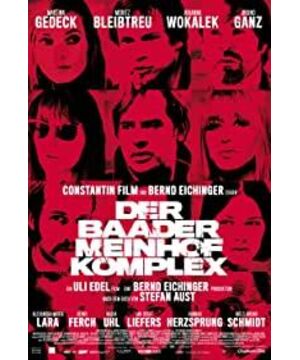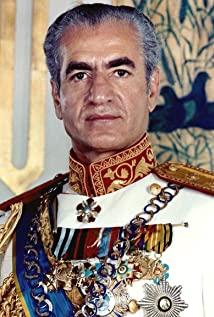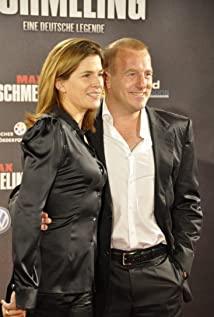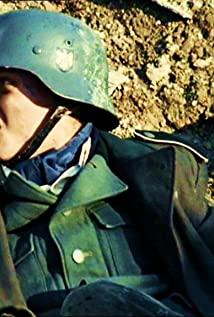setting a car on fire is crime, burning thounsand cars is political. Those who steal baht steal, and those who steal the country are lords. No wonder people say politics is dirty. So why?
In the name of justice, a group of people demanded that the German government and the US government stop the genocide in Vietnam, and kidnapped, assassinated, and even shot innocent civilians against some regime authorities such as justices, barristers, and bankers. According to the principles of criminal law, crime and punishment require a direct causal relationship between behavior and consequences. Battlefield casualties cannot be blamed on bankers just because they signed off on documents to fund battlegrounds. Oh, we're not talking about the law. OK, so let's talk about ethics. If these regimes cold-bloodedly signed a series of documents that resulted in casualties on the battlefield, then there is no doubt that they are morally responsible. So, who has the power to punish them properly? Was this right granted because of anarchism and the just liberation of the tens of millions of the suffering people of Vietnam? I beg to differ.
How can the deaths of civilians be reasonably explained? They believe that politics is cruel, bloodshed, and sacrifice. So is it justice to exchange the lives of some innocent civilians for the lives of tens of millions of Vietnamese people? This is a narrow and extreme utilitarian concept, 1<100. I also disagree. The value of one innocent life is no less than the value of thousands of innocent lives. I don't think it's moral to sacrifice one innocent in exchange for a thousand innocents.
I don't think the lives of thousands of innocent Vietnamese people are not precious, it's just that other innocent lives cannot be exchanged for it. The result is back to this dead end, how to solve it? War has always been regarded as a political problem, and it has always been solved politically. The nation that starts the war is the greatest form of terrorism. However, the supremacy of the state has no sovereignty, and Kant's permanent peace and alliance of nations exist only in the future in which we place good hopes. That is to say, because the greed and killing of human nature are magnified to the greed and killing of the state, the tragedy of war cannot be prevented. So what can we do? Gandhi's "movement of non-violent non-cooperation"? To me, this seems like the only option in desperation.
Going back to the film, what are these people who are called "terrorists" by the mainstream public opinion of the government and "heroes and justice" by their supporters fighting for? Justice? If it's a moral battle, how do they face their conscience when they shoot civilians? Obviously they feel this is a necessary sacrifice, so is there such extreme utilitarianism in their cognitive system? But are they all violent, irritable and paranoid? Is the thrill of driving, the thrill of shooting, the thrill of destruction what really drives their actions, and is the name of justice just a reason they use to make themselves comfortable and deserved?
Politics is dirty, killing is wrong, even in the name of justice.
ps I remember when I was young and energetic, I was indignant when I read Beccaria's argument that the death penalty was unnecessary and should be abolished. I can't say that what I think is right now, or that what I thought was right before. Can only joke, old, make love, no war!
View more about The Baader Meinhof Complex reviews











